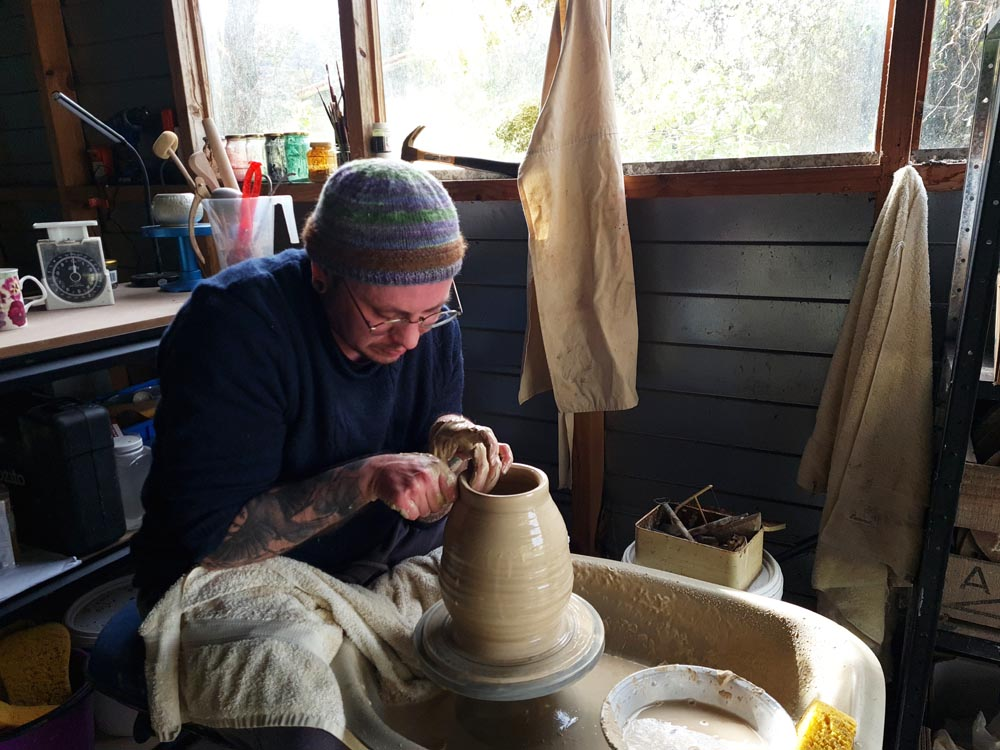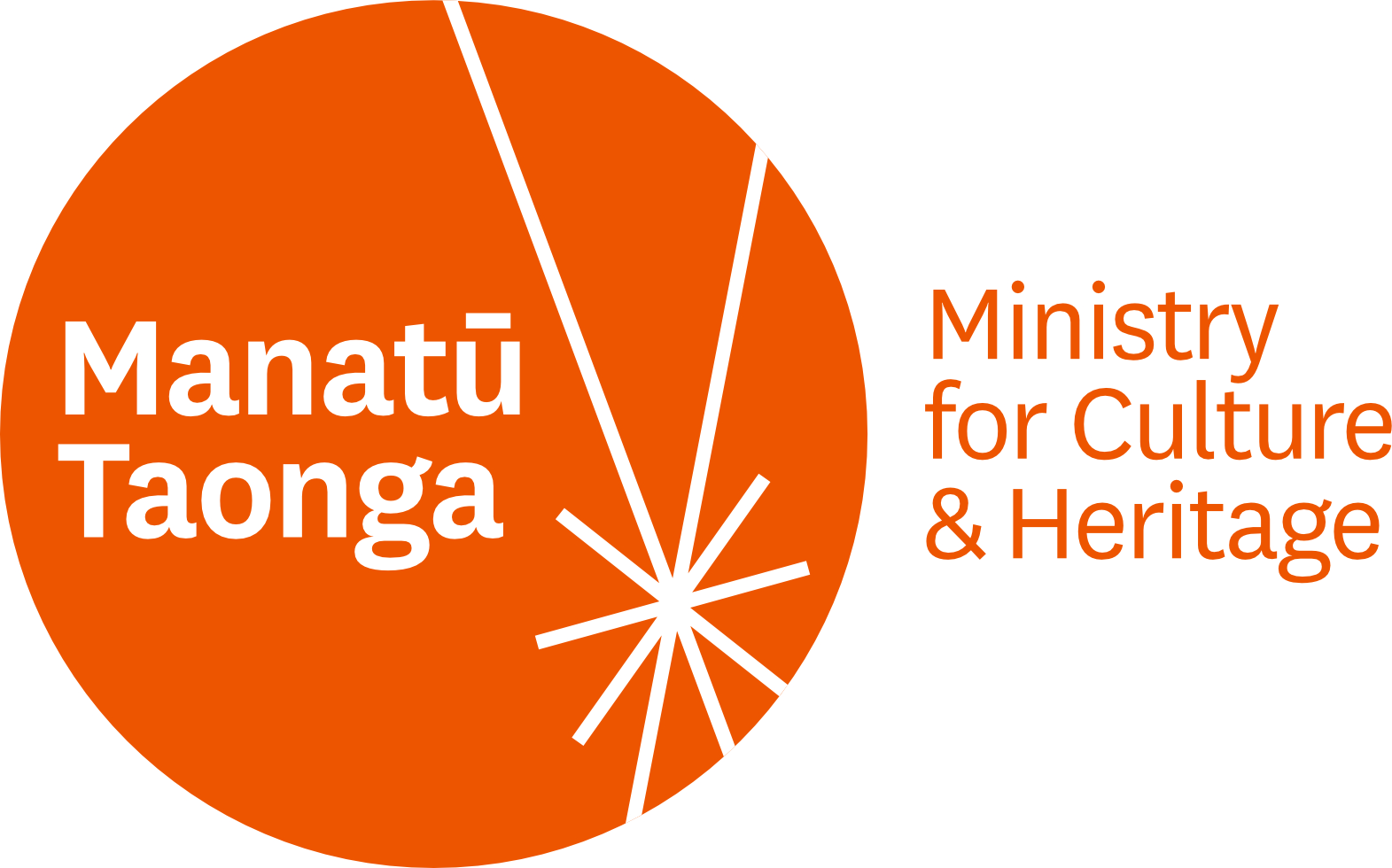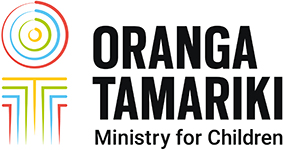Disabled people have been fighting for their rights for generations. The right not to be institutionalised and the right to healthcare. The right to access public spaces, education, communities and culture. The right to live lives with choice, control and dignity. The right to live a good life.
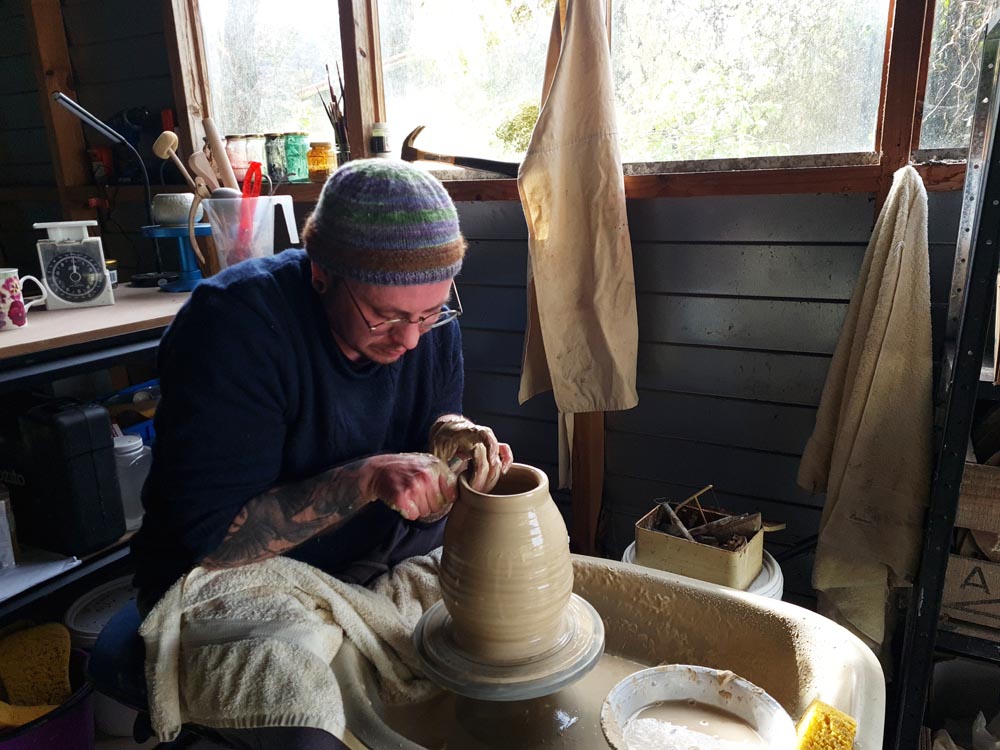 Interwoven with all of these struggles for rights and recognition, there have been decades of advocacy for flexible support systems and funding that allow disabled people, and our families and whānau, to use support budgets to live a life that we define for ourselves.
Interwoven with all of these struggles for rights and recognition, there have been decades of advocacy for flexible support systems and funding that allow disabled people, and our families and whānau, to use support budgets to live a life that we define for ourselves.
To be clear, nobody's talking about a glamourous life or a life of luxury. We're talking about a good, ordinary life. A life rather than an existence.
The Enabling Good Lives approach was developed in 2011 when disabled people worked in partnership with the Government to improve our lives and give us more choice and control over how we were supported. There was hope in disability communities that the Government understood the difference between a life and an existence and that a good life was becoming a reality. Enabling Good Lives was trialled in Christchurch, Waikato and Palmerston North, and the principles of choice and control were applied to other versions of disability support that we still have.
With increased flexibility in support funding, disabled people who receive funding were able to decide for themselves how they wanted to spend their time; to decide what was of most value; and, after their basic support needs were met, prioritise access to those things. To feel a greater sense of dignity, to have more control, to plan bigger lives.
For disabled artists, this meant that there was more time and energy to imagine, more space to tell different stories to share different experiences. Momentum was building, There were more disabled artists making work, more disabled people choosing the arts, more disabled people demanding opportunities.
The right to participate in cultural life, recreation, leisure and sport
The arts sector itself became the target for advocacy. Article 30 of the United Nations Convention on the Rights of Persons with Disabilities (UNCRPD) outlines disabled people’s right to participate in cultural life, recreation, leisure and sport.
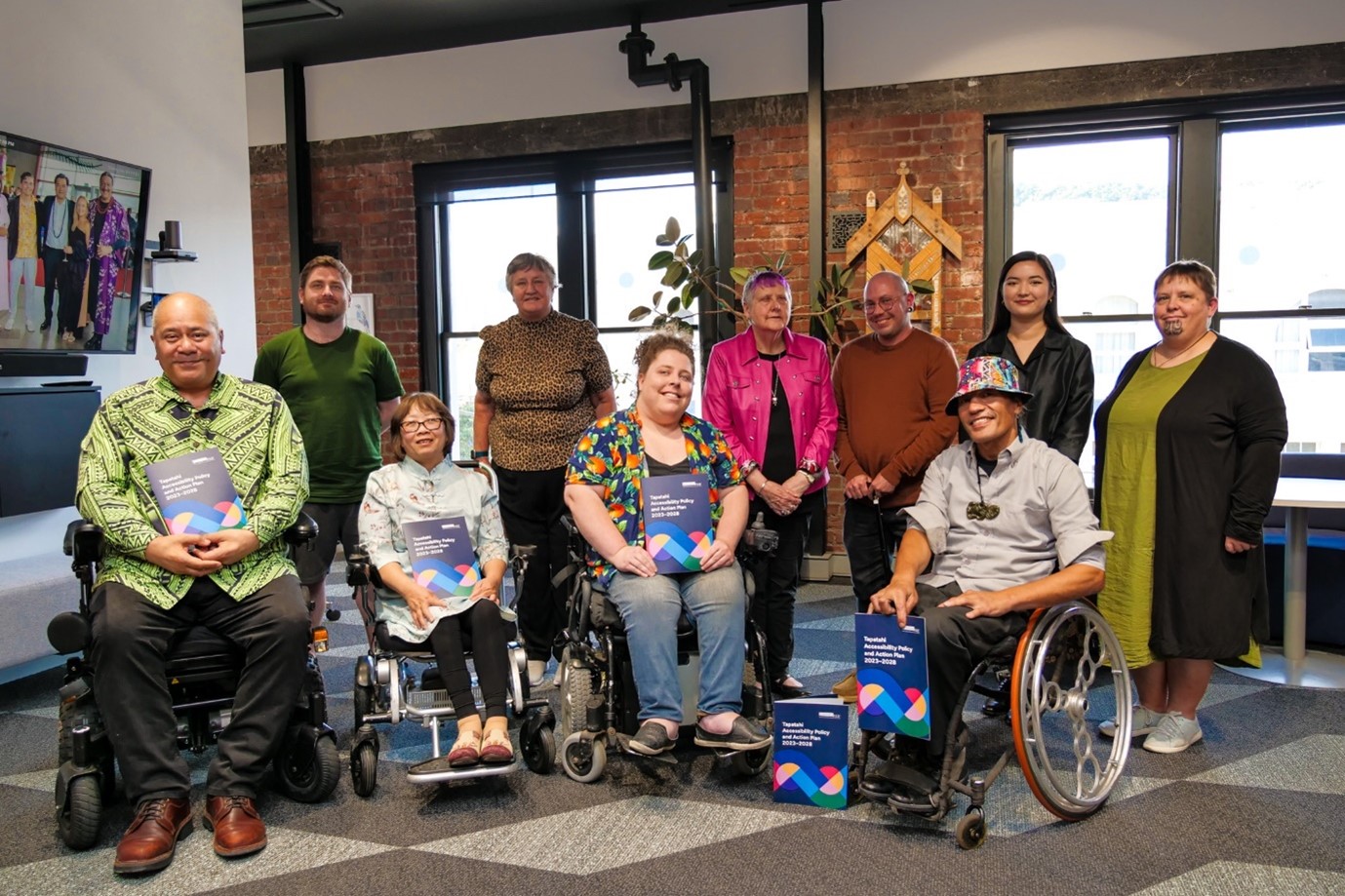 The UNCRPD, Enabling Good Lives principles, and the New Zealand Disability Strategy and its vision were the foundations of some targeted advocacy from Arts Access Aotearoa. In 2022, we began working with Creative New Zealand, supporting them to develop an accessibility policy, alongside Manga Tipua, a Deaf and disabled-led Accessibility Reference Group. The policy enables disabled artists to have more equitable access to arts funding.
The UNCRPD, Enabling Good Lives principles, and the New Zealand Disability Strategy and its vision were the foundations of some targeted advocacy from Arts Access Aotearoa. In 2022, we began working with Creative New Zealand, supporting them to develop an accessibility policy, alongside Manga Tipua, a Deaf and disabled-led Accessibility Reference Group. The policy enables disabled artists to have more equitable access to arts funding.
Over this time, momentum kept building. There were more disabled artists than ever before represented in our arts festivals, theatres, galleries, arts companies and bookshops. Disabled artists started a festival and things slowly changed, both in the arts and in disabled people’s lives.
Of course, we have further to go. Not everyone who needs it has access to support or equipment they need. Not everyone has access to education and work. But we were working from a place where an inclusive world was possible.
Whaikaha announces funding restrictions with no consultation
On 18 March this was undermined. With no consultation and very short notice, Whaikaha, our ministry of disabled people, at the direction of the Minister for Disability Issues, announced funding restrictions.
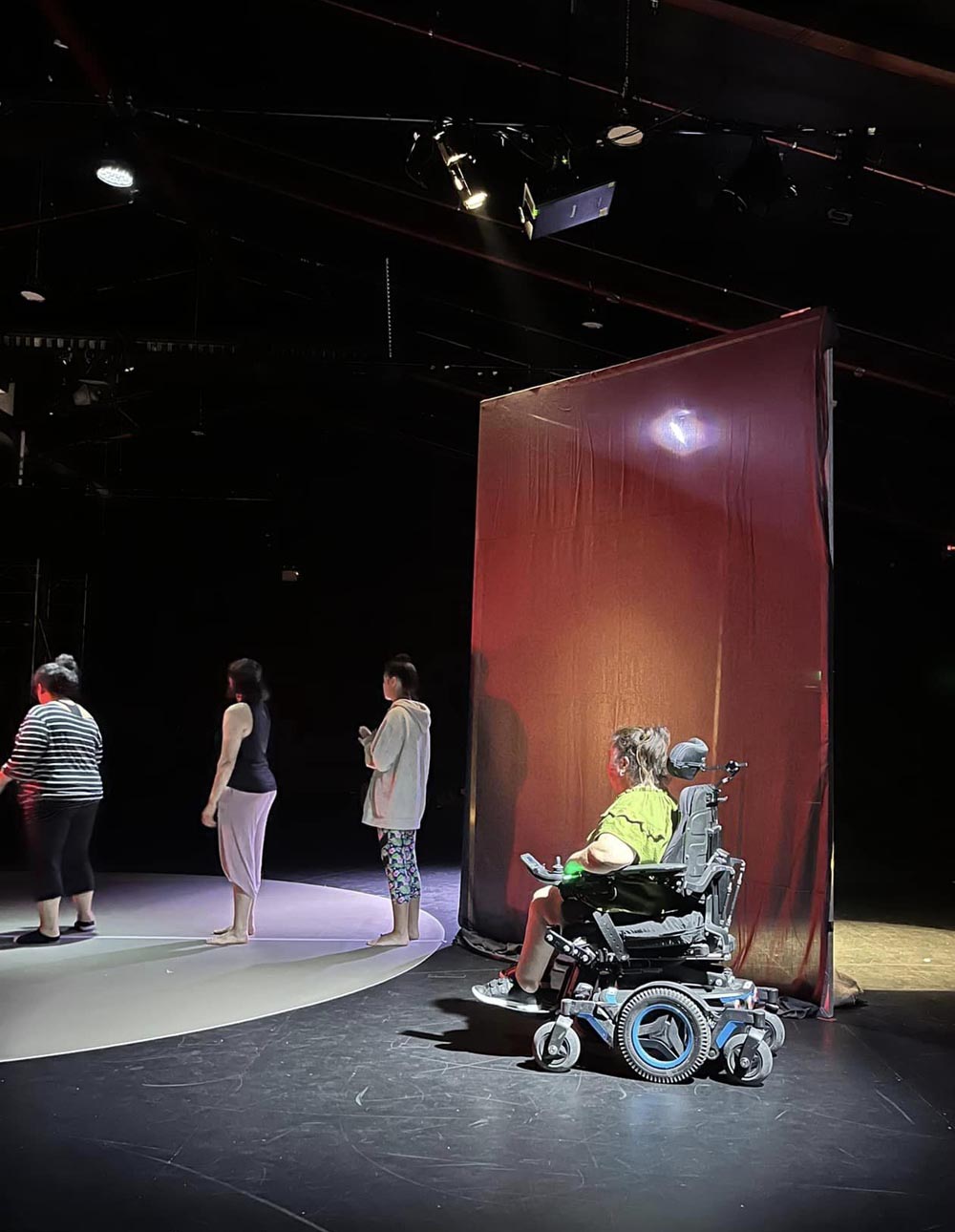 These restrictions, effective immediately, changed how disabled people could use their funding. These impact travel and accommodation costs for support workers and for disabled people, who can no longer cover the cost of kai or a coffee for their support worker on shift. There are also the widely publicised restrictions on respite and equipment.
These restrictions, effective immediately, changed how disabled people could use their funding. These impact travel and accommodation costs for support workers and for disabled people, who can no longer cover the cost of kai or a coffee for their support worker on shift. There are also the widely publicised restrictions on respite and equipment.
Immediately, the lives of disabled people, families and whānau were thrown into uncertainty. The ramifications were widespread and the right to a good life was no longer so certain. The funding restrictions remove choice and control. They remove dignity and they make disabled people’s lives smaller.
Immediately, disabled people’s focus was thrust back into the space of advocating for our right to basic dignity, trying desperately to articulate how access to our careers, hobbies, social lives and community was not a luxury. It was just access to a life.
For many, the arts have always been crucial to wellbeing – for disabled and non, or pre-disabled people alike. We know this. The arts have also been a place to challenge social norms. They are a protest tool, a mechanism for change.
The arts as a tool for change
For disabled people, access to the arts has often been restricted to therapy or “programmes” to give us something to do. However, there have always been disabled people using the arts as a tool for change, as a voice, as a way to share our stories and experiences, to reflect the world around us and to imagine entirely new worlds.
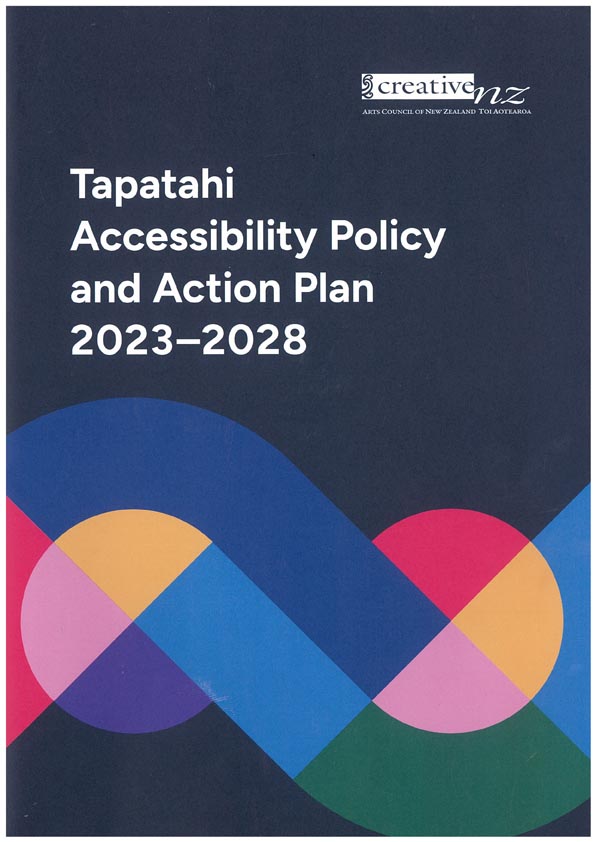 As I said in the recent interview on Wellington’s Access Radio, alongside fellow artist Henrietta Bollinger, if you can’t see yourself in it, you can’t be it. We need disabled artists visible and leading so that other disabled people can see themselves; know they belong in society; and know they can be artists too if they want to be.
As I said in the recent interview on Wellington’s Access Radio, alongside fellow artist Henrietta Bollinger, if you can’t see yourself in it, you can’t be it. We need disabled artists visible and leading so that other disabled people can see themselves; know they belong in society; and know they can be artists too if they want to be.
The week after Whaikaha’s restrictive policy announcement, on 26 March, Creative New Zealand released Tapatahi Accessibility Policy and Action Plan 2023–2028. This policy was co-designed by Deaf and disabled people and is based on the New Zealand Disability Strategy’s vision that “New Zealand is a non-disabling society – a place where disabled people have an equal opportunity to achieve their goals and aspirations, and all of New Zealand works together to make this happen”. Read more about the Tapatahi Accessibility Policy and Action Plan 2023–2028
I highlight this policy because one of the actions feels particularly important in the face of these restrictions, Creative New Zealand now provides an additional $5000 towards access costs on top of funding awarded to Deaf and disabled artists, or those who experience disability or impairment, under specific funds. This high-trust approach is an example of dignified support that enables artists to be artists and I hope it will become a useful model for other funders to look to.
I hope the arts sector will continue to work toward becoming a sector that recognises disabled people for our humanity and our value; that sees our place in the sector as essential.
As the rallying cry against the cuts goes, we are people, not expenses.
Stace Robertson is Lead Accessibility Advisor| Kaiārahi a Toi Ōritetanga at Arts Access Aotearoa. He is a disabled artist who does not receive disability support funding.

